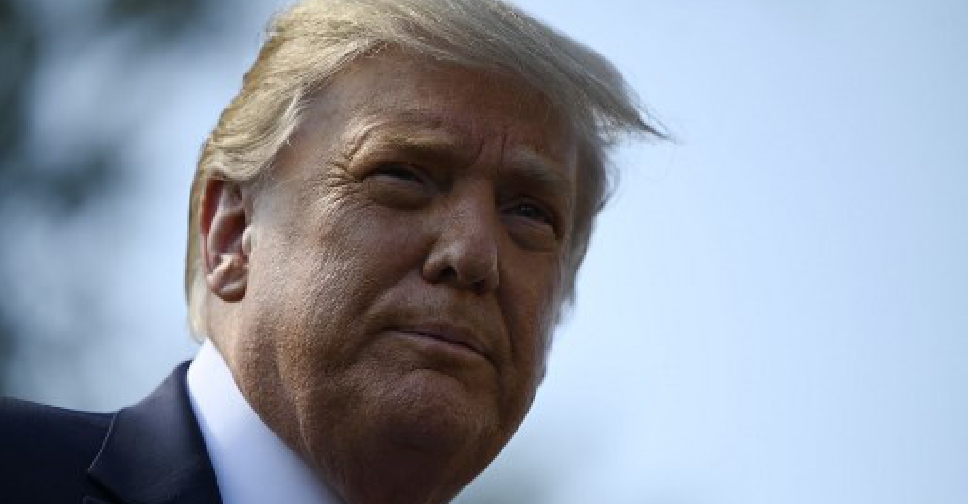
President Donald Trump on Thursday warned off BRICS member countries from replacing the US dollar as a reserve currency by repeating a 100 per cent- tariffs threat he had made weeks after winning the November presidential elections.
"We are going to require a commitment from these seemingly hostile Countries that they will neither create a new BRICS Currency, nor back any other Currency to replace the mighty US Dollar or, they will face 100 per cent Tariffs," Trump said on Truth Social in a statement nearly identical to one he posted on November 30.
At the time, Russia said that any US attempt to compel countries to use the dollar would backfire.
The BRICS grouping includes Brazil, Russia, India, China, and South Africa and a few other countries that joined in the past couple of year. The grouping does not have a common currency, but long-running discussions on the subject have gained some momentum after the West imposed sanctions on Russia over the war in Ukraine.
"There is no chance that BRICS will replace the US Dollar in International Trade, or anywhere else, and any country that tries should say hello to Tariffs, and goodbye to America!," he said.
On Friday, though, the Kremlin brushed off the threat to impose tariffs if it created its own currency, saying there was and never had been such a plan.
Spokesman Dmitry Peskov said BRICS was not talking about setting up its own currency, but merely about creating joint investment platforms.
Trump posted his warning as Canada and Mexico await for his decision to follow through on a pledge to impose 25 per cent tariffs on the United States' North American trading partner from February 1.
He wants to use tariffs as a tool to get Mexico and Canada to help stem the flow of illegal drugs into the United States, particularly the deadly opioid fentanyl, and also migrants crossing illegally into the US.
Dollar dominance - the outsized role of the US dollar in the world economy - has strengthened of late, thanks to the robust US economy, tighter monetary policy and heightened geopolitical risks, even as economic fragmentation has boosted a push by BRICS countries to shift away from the dollar into other currencies.
A study by the Atlantic Council's GeoEconomics Center last year showed that the US dollar remains the world's primary reserve currency, and neither the euro nor the so-called BRICS countries have been able to reduce global reliance on the dollar.
The acronym BRIC, which did not initially include South Africa, was coined in 2001 by then Goldman Sachs chief economist Jim O'Neill in a research paper that underlined the growth potential of Brazil, Russia, India and China.
The bloc was founded as an informal club in 2009 to provide a platform for its members to challenge a world order dominated by the United States and its Western allies. South Africa was the first beneficiary of an expansion of the bloc in 2010 when the grouping became known as BRICS.
The group added Egypt, Ethiopia, Iran and the United Arab Emirates in 2023, and Indonesia became a member earlier this month.



 Nasdaq set to confirm bear market as Trump tariffs trigger recession fears
Nasdaq set to confirm bear market as Trump tariffs trigger recession fears
 Dana Gas and Crescent Petroleum exceed 500M boe in Khor Mor field
Dana Gas and Crescent Petroleum exceed 500M boe in Khor Mor field
 China to impose tariffs of 34% on all US goods
China to impose tariffs of 34% on all US goods
 Shares bruised, dollar crumbles as Trump tariffs stir recession fears
Shares bruised, dollar crumbles as Trump tariffs stir recession fears
 Wall Street futures sink as tariffs fuel recession fears
Wall Street futures sink as tariffs fuel recession fears



